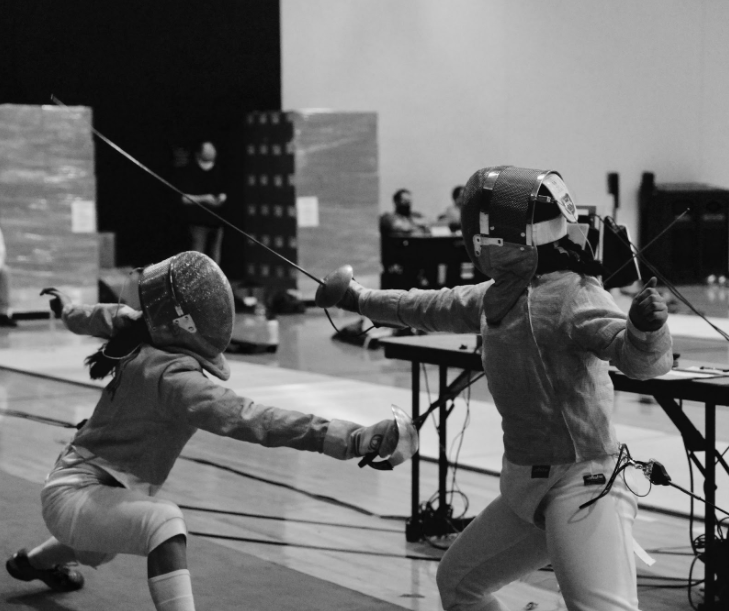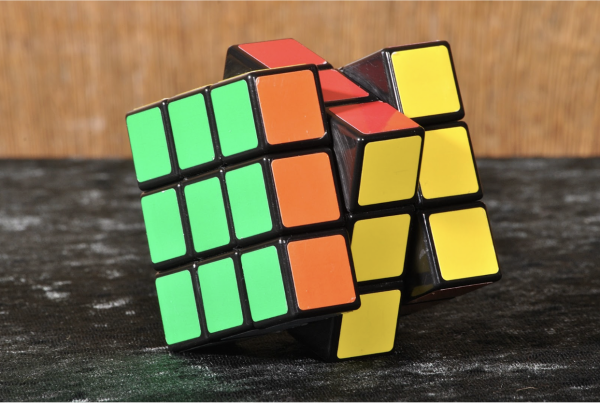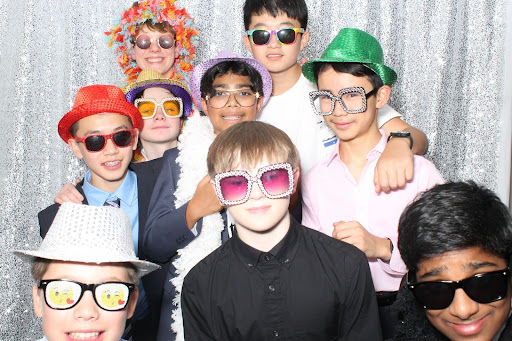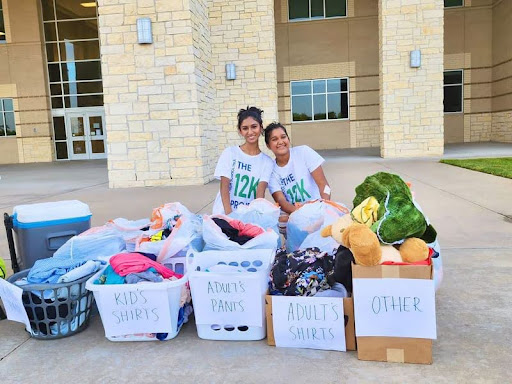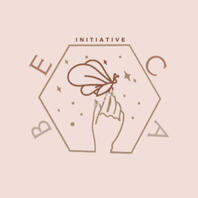Kiki Panigrahi: A Fencing Journey
Part of OHS’s talented community of athletes, Kiki Panigrahi is a full-time sophomore at OHS and competitive sabre (saber) fencer. Juggling a full schedule with academics and sports, Kiki has mastered the balance between making time for homework and the sport she enjoys most, and continuing to keep a positive mindset.
Kiki has been fencing at the Southern California Fencing Academy for three years. “It’s been closer to four now, but due to the pandemic, all the in person fencing was completely paused for a year,” she laughed.
Kiki’s journey with fencing first started with her father. “My dad fenced when he was younger, so he did fencing and really liked it.” In the beginning, fencing wasn’t the first choice for Kiki, and it took a few tries for her and her sisters to find their favorite sport. “We [her sisters and her] tried tennis at first, but we didn’t really love it, and then when we got into fencing, we found that we liked it as a sport a lot better!” Kiki explained.
However, it took a little time for Kiki to fully love fencing. “We tried it [fencing] originally when I was around seven or eight years old, and we didn’t love it at the time.” Kiki said. “But after we took a bit of a break, we tried it again, and found that we really loved it. So then, we decided to stick with the sport.”
Now, Kiki is extremely passionate about fencing, and also notes her appreciation towards her parents for their support. “My dad goes to all of our tournaments. He loves to watch all of us [Kiki and her sisters] compete. Both of my parents are really supportive, and that’s really great.”
When asked about the benefits of fencing, Kiki had a lot to share. The sport has taught her lessons about building confidence, self-validation, motivation, and perseverance.
You can do anything you put your mind to.
— Kiki Panigrahi
Kiki has been fencing at the same center for three years, which means she’s had to fence the same kids repeatedly, including ones who she’s perceived to be better and more experienced. “You’re fencing a lot of the same kids over and over again, and if you build this mindset in which you think they’ll always be better than you, then you’ll never be able to overcome that negative mindset.”
This ties into one of the challenges Kiki has faced during fencing: mental blocks. “For a while, I had this really negative mindset in which I thought that I just couldn’t do it. I thought that other kids at the center would always be better.” She explained. This caused Kiki to begin to have doubts about her love for fencing, and she began to become less enthusiastic about the sport. However, Kiki was able to overcome this mental block she faced in fencing. “It took me a bit, but then I finally just told myself that you can do it.” Adopting this new mentality, Kiki quickly got back to loving and enjoying the sport.
Another challenge Kiki has encountered is managing school and fencing at the same time. “It’s been a challenge to navigate both! You have to think of ways to fit everything in, so you have to plan.”
She has to juggle assignments and readings for five courses while also finding time for long fencing practices and tournaments. However, Kiki has found a way to combat this challenge. “Something I do that’s helpful is to look at assignments that are due in the near future and to just do them ahead of time,”she explained. With this method, Kiki is able to manage her time and make time for fencing. “If I just finish all of the assignments that are due and within the next week early, then I can have more time for fencing.”
Fencing also presents a break from school while still requiring one to think strategically. “It’s a great way to be away from school yet still feel like you’re doing a lot of thinking.” Kiki said. “When you’re fencing, you have to make a plan in your head. You have to sort of create a strategy to use depending on your opponent’s moves,” she explained. “It’s really great for building confidence.”
When asked about the effects of the pandemic on fencing, Kiki shared other lessons she learned through these difficult times. “During the pandemic, I stopped fencing in person completely,” she starts. “With COVID-19, everything was shut down as we entered lockdown.” But even when she was unable to attend practices in person, Kiki was still determined to continue fencing. “Our center did Zoom calls, where we watched videos of other fencers to try and get a feel for their strategies as well as build our own,” she explained. When the pandemic began to get better, Kiki did outdoor practices with her sister. “There was a lot more conditioning as well,” Kiki adds. “A lot of stuff with resistance bands.” Practices outdoors run in the afternoon, “for a few hours a few times in the week.”
“It was definitely a way to keep fencing in my mind! Exercising at home, you know?” Kiki laughed.
Now that the fencing center Kiki fences at has re-opened, she’s excited to dive back into the sport. “We’re back, we just have to double mask,” she jokes, referencing both the face masks that have become a staple during the pandemic and the protective masks worn during fencing. There is now a hybrid system put into place for fencing. Kiki describes it as “having practices outside half of the time and in person at the center the other half.” Additionally, Kiki is continuing to attend the weekly Zoom calls at her fencing center for watching fencing videos and talking about techniques.
As for the future, Kiki is looking forward to continuing fencing. “I really want to fence throughout high school and then continue that in college, you know, whether it’s competitively on a team or just for fun. I really love fencing, so I’d love to continue to fence,” she laughed.
For any other fencers or anyone in general, Kiki offers a few words of advice: “You can do anything you put your mind to.”

